- Your cart is empty
- Continue Shopping
Dilzem IV Injection is a prescription medicine belonging to the group of calcium channel blockers, mainly used in hospitals under the supervision of healthcare professionals. It contains diltiazem, which works by relaxing and widening the blood vessels, improving blood flow, and reducing strain on the heart. This injection is often used in emergency settings for the management of high blood pressure crisis, chest pain due to angina, and certain types of irregular heart rhythm such as atrial fibrillation or atrial flutter. By controlling blood pressure and stabilizing heart rhythm, it helps prevent complications like stroke, heart failure, or heart attack. Dilzem IV Injection acts quickly and provides faster relief compared to oral forms, making it suitable for urgent medical situations. It is administered by a trained nurse or doctor and should never be self-injected. Regular monitoring of blood pressure, heart rate, and overall cardiac function is essential during its use.
Benefits of Dilzem IV Injection
-
Provides rapid control of high blood pressure in emergencies
-
Relieves chest pain caused by angina quickly
-
Helps stabilize irregular heartbeat conditions
-
Improves oxygen supply to the heart muscles
-
Reduces workload on the heart effectively
-
Prevents complications linked to hypertension crisis
-
Maintains steady blood circulation during treatment
-
Helps restore normal heart rhythm in atrial fibrillation
-
Useful in controlling atrial flutter episodes
-
Acts faster compared to oral forms of the drug
-
Helps prevent risk of stroke or heart attack in emergencies
-
Supports safe management of heart function in critical care
-
Reduces symptoms like shortness of breath and palpitations
-
Provides hospital based controlled treatment
-
Improves overall cardiac stability in urgent conditions
Possible Side Effects
-
Headache may occur during treatment
-
Dizziness or fainting in some individuals
-
Nausea or vomiting may appear
-
Low blood pressure episodes can happen
-
Slow heartbeat may develop in some patients
-
Swelling of ankles or feet may occur
-
Flushing or sensation of warmth can be felt
-
Fatigue or general weakness may be noticed
-
Constipation or abdominal discomfort may arise
-
Rash or itching in rare cases
-
Difficulty in breathing may be experienced
-
Palpitations or irregular heartbeat in certain patients
-
Muscle cramps or joint discomfort can occur
-
Rare allergic reactions like swelling of lips or throat
-
Excessive drop in blood pressure in sensitive patients
How to Use
-
Always administered by a doctor or trained nurse
-
Injected directly into a vein under medical supervision
-
Dosage is decided based on patient’s condition
-
Used mainly in hospital or critical care settings
-
Not meant for self administration at home
-
Continuous monitoring of heart rate and blood pressure is done
-
Duration of use depends on clinical need
-
Switched to oral therapy once condition stabilizes
-
Emergency use requires immediate availability of resuscitation support
-
Injection should not be mixed with incompatible drugs in same line
How it Works
-
Blocks calcium entry into the heart and blood vessel cells
-
Relaxes smooth muscles of arteries and veins
-
Dilates blood vessels to reduce blood pressure quickly
-
Reduces oxygen demand of the heart muscles
-
Enhances oxygen delivery to heart tissues
-
Controls abnormal electrical activity in the heart
-
Slows down fast heart rhythms effectively
-
Prevents chest pain by improving blood flow
-
Provides quick action due to intravenous route
-
Maintains steady cardiac rhythm during emergencies
What to Avoid
-
Avoid self injection under any circumstance
-
Avoid alcohol consumption during treatment
-
Avoid combining with other heart drugs without doctor’s approval
-
Avoid grapefruit juice as it may alter drug effect
-
Avoid abrupt withdrawal without medical advice
-
Avoid driving or heavy machinery soon after treatment
-
Avoid excessive salt intake during therapy
-
Avoid smoking as it worsens heart conditions
-
Avoid high fat and heavy meals in hospital care
-
Avoid dehydration or excessive fluid restriction unless prescribed
-
Avoid over the counter medicines without informing doctor
-
Avoid use during pregnancy unless clearly needed
-
Avoid use while breastfeeding without doctor’s advice
-
Avoid strenuous physical activity soon after injection
-
Avoid mixing injection with non recommended solutions
Safety Advice
-
Always to be given in hospital under expert supervision
-
Regular monitoring of blood pressure and pulse is mandatory
-
Inform doctor about all medicines being taken before use
-
Elderly patients may need special dose adjustments
-
Patients with kidney or liver issues require close observation
-
Not recommended for children unless prescribed in rare cases
-
Pregnant women should use only if benefits outweigh risks
-
Breastfeeding mothers should seek medical advice before use
-
Report any chest pain, dizziness, or fainting immediately
-
Emergency support should be available during administration
-
Store injection as per instructions in a cool dry place
-
Never share medication with anyone else
-
Discard expired or unused injection safely
-
Follow strict hospital protocols for administration
-
Ensure follow up with oral medicines after stabilization
Precautions
-
Inform doctor if allergic to diltiazem or similar drugs
-
Share history of low blood pressure or heart failure
-
Report if suffering from severe heart block without pacemaker
-
Inform about any ongoing heart rhythm disorders
-
Notify doctor about upcoming surgeries or anesthesia
-
Avoid use in severe liver or kidney impairment without monitoring
-
Caution required in elderly with multiple health issues
-
Do not use in shock or severe hypotension patients
-
Inform about any history of heart attack or poor pumping function
-
Report persistent chest pain or shortness of breath
-
Seek help if severe dizziness or fainting occurs
-
Avoid combining with herbal or alternative medicines unless approved
-
Do not exceed the prescribed hospital dose
-
Ensure resuscitation equipment is available during use
-
Maintain healthy recovery plan once switched to oral medicines




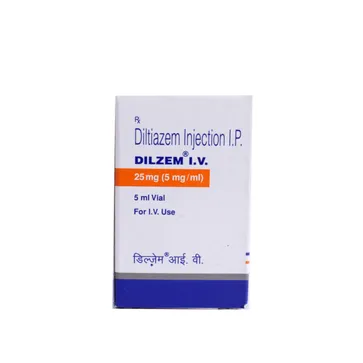
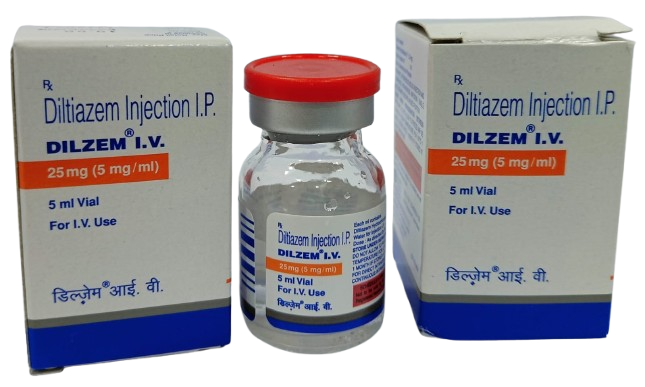
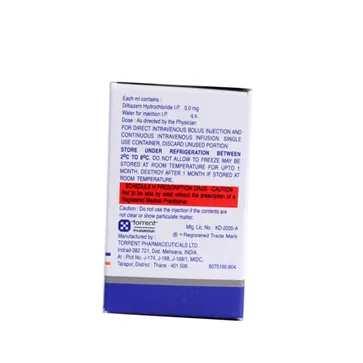
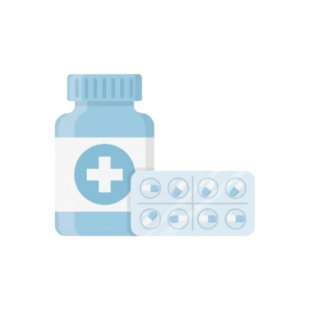





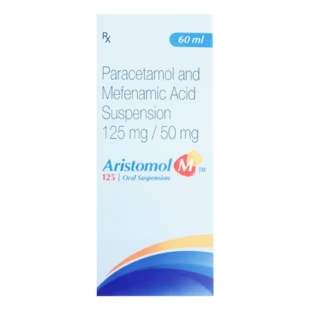
Reviews
There are no reviews yet.